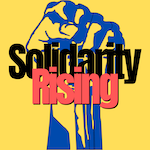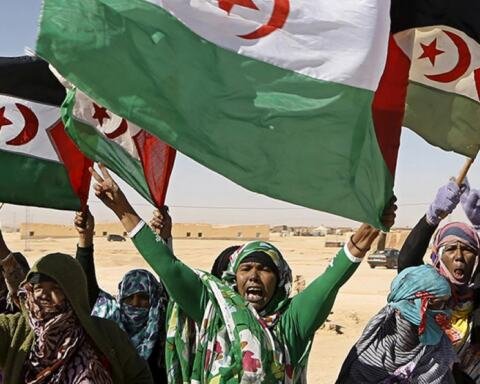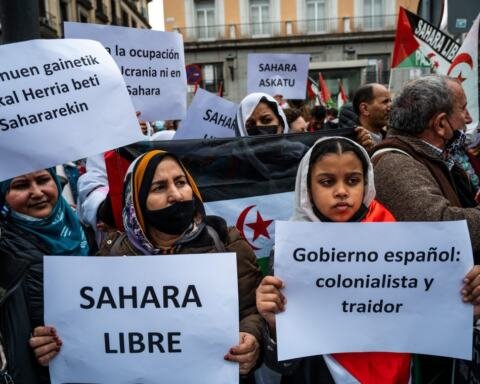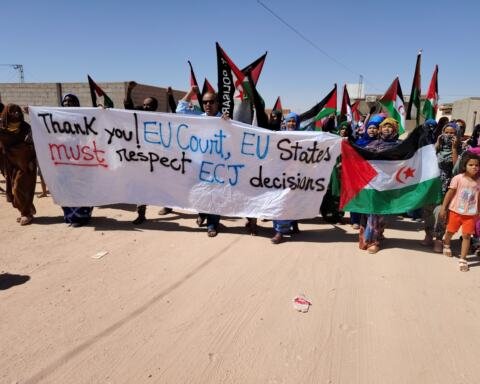Much recent research has illustrated the power of online communities and social media outlets for presenting diverse women’s voices, whose perspectives are too often invisible in mainstream news media (Dustin Harp, Jaime Loke, and Ingrid Bachmann 2014). Nevertheless, there is no shortage of women’s voices in the Saharawi online community.
From the poetic, birthing metaphors present throughout Fatma Aayache’s testimony (2007) of forced disappearance and torture to the recounting of violent kidnaps by Hayat Erquibi (2009) on YouTube, women are as present in the online Saharawi nationalist struggle as they are on the frontline in the Occupied Territories and in the rearguard of diaspora activism. Yet not all Saharawi women’s voices are privileged.
In this article, I firstly attempt to explain which ones remain in the shadows and why, and secondly, ask what could be done to open the platform for marginalized views. Using lessons from the UK, Kenya, and Nigeria, I argue that Saharawi feminists, and indeed feminists elsewhere, can achieve increased success in their activism by “having each other’s backs” across lines of difference and privilege
Full article
Privilege-Marginalization-and-Solidarity-Women-s-Voices-Online-in-Western-Sahara-s-Struggle-for-IndependenceSource: Taylor & Francis Online
Support our work
Support our work
Support our work with a one-off or monthly donation
AuthorJoanna AllanYear2014Pages6LanguageEnglish
Share via
Related resources
The Western Sahara Dispute: A Cautionary Tale for Peacebuilders
The UN and MINURSO have succeeded neither inconducting a referendum nor in…
Western Sahara as a Hybrid of a Parastate and a State-in-Exile: (Extra)territoriality and the Small Print of Sovereignty in a Context of Frozen Conflict
Within the liminal universe of parastates, what makes Western Sahara/SADR…
The Front Polisario Verdict and the Gap Between the EU’s Trade Treatment of Western Sahara and Its Treatment of the Occupied Palestinian Territories
Morocco’s control over Western Sahara and Israel’s control of the West Bank…



